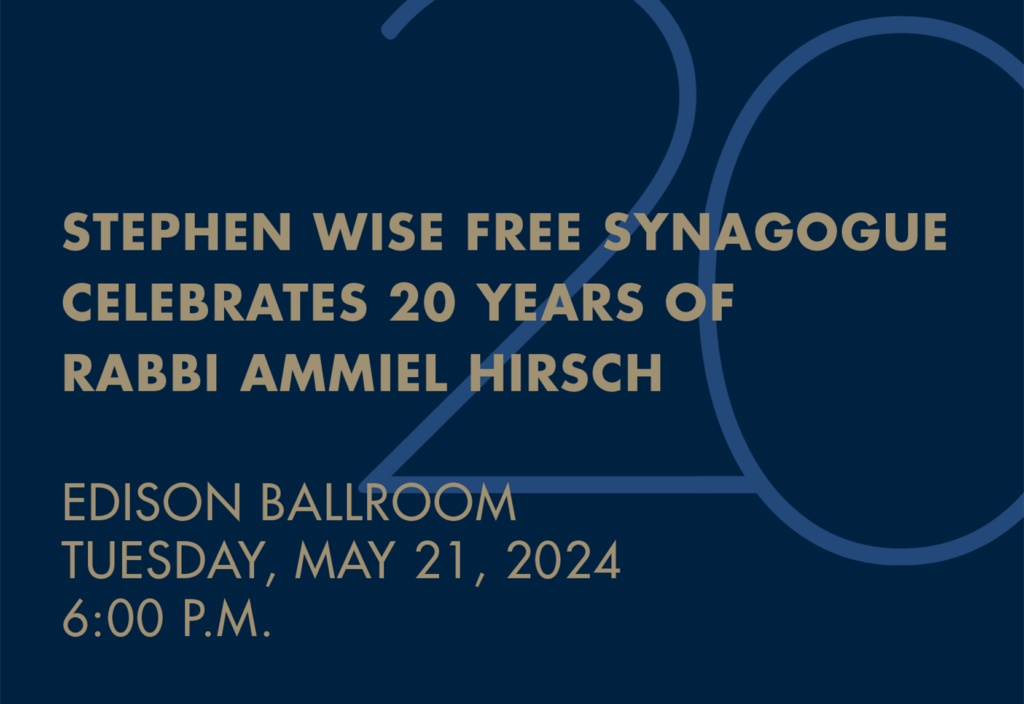“This week, we were treated to a master class in leadership,” says Rabbi Dalia Samansky. When tasked with anointing a new leader, Moses did not cling to his role or pass it on to his sons. Instead, he set out to ensure the right leader was chosen, throwing his full support behind Joshua. “Leadership is about finding the right balance — knowing when to hold your ground and when to compromise.”
Hired to curse the Israelites, Balam approaches the Israelites’ encampment, but he unexpectedly utters a blessing… “Moments have the potential to go either way,” says Rabbi Samantha Natov. “Inside all of us are competing inclinations.” Which one will win? The one you feed.
We often hear Pirkei Avot quoted: “You are not obligated to complete the task, but neither are you free to abandon it,” says Rabbi Dalia Samansky. While generally used in social justice circles, this quote also reminds us that “ultimately, leadership must be passed on to each new generation — willingly or unwillingly.” Over the course of this week’s parashah, “both Miriam and Aaron die, and Moses finds out that he will not be the one who leads his people into the Promised Land, thus beginning the passing of leadership to the next generation of Israelites.”
Infamous among those excluded from the census in the Book of Numbers was the power-hungry rebel Korah, who was swallowed up by the earth, and the children of Aaron. “Even the sons of the high priest are not above the law,” says Rabbi Samantha Natov. “It is as if the sheer weight of their inflated self-importance pulls them down. And there is a lesson in this…”
Having been enslaved for so long, the Israelites doubted their ability to enter the Promised Land. Rabbi Dalia Samansky explains that “faith is believing without proof,” something the older generation of slaves struggled with. In a world where God’s presence isn’t as obvious, how do we develop faith?
As the weather heats up, we read about our ancestors’ 40 years of walking and complaining in the desert. Rabbi Dalia Samansky explains that the slave generation’s inability to believe in change kept them from entering the Promised Land, while the new generation’s growth mindset allowed them to succeed: “Just as God let us learn from our mistakes, we must allow our children, students and ourselves to make mistakes and discover the solutions to our problems.”


